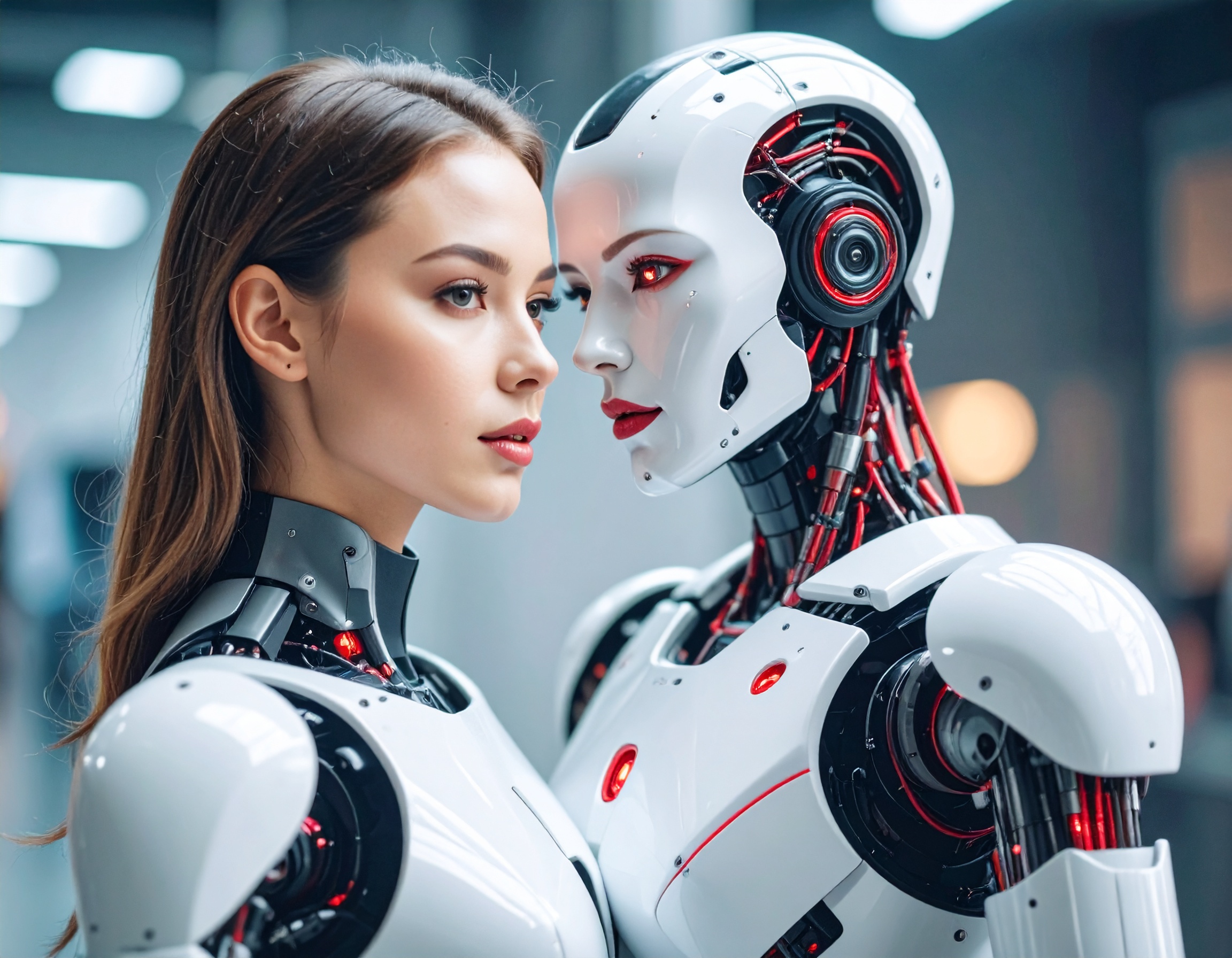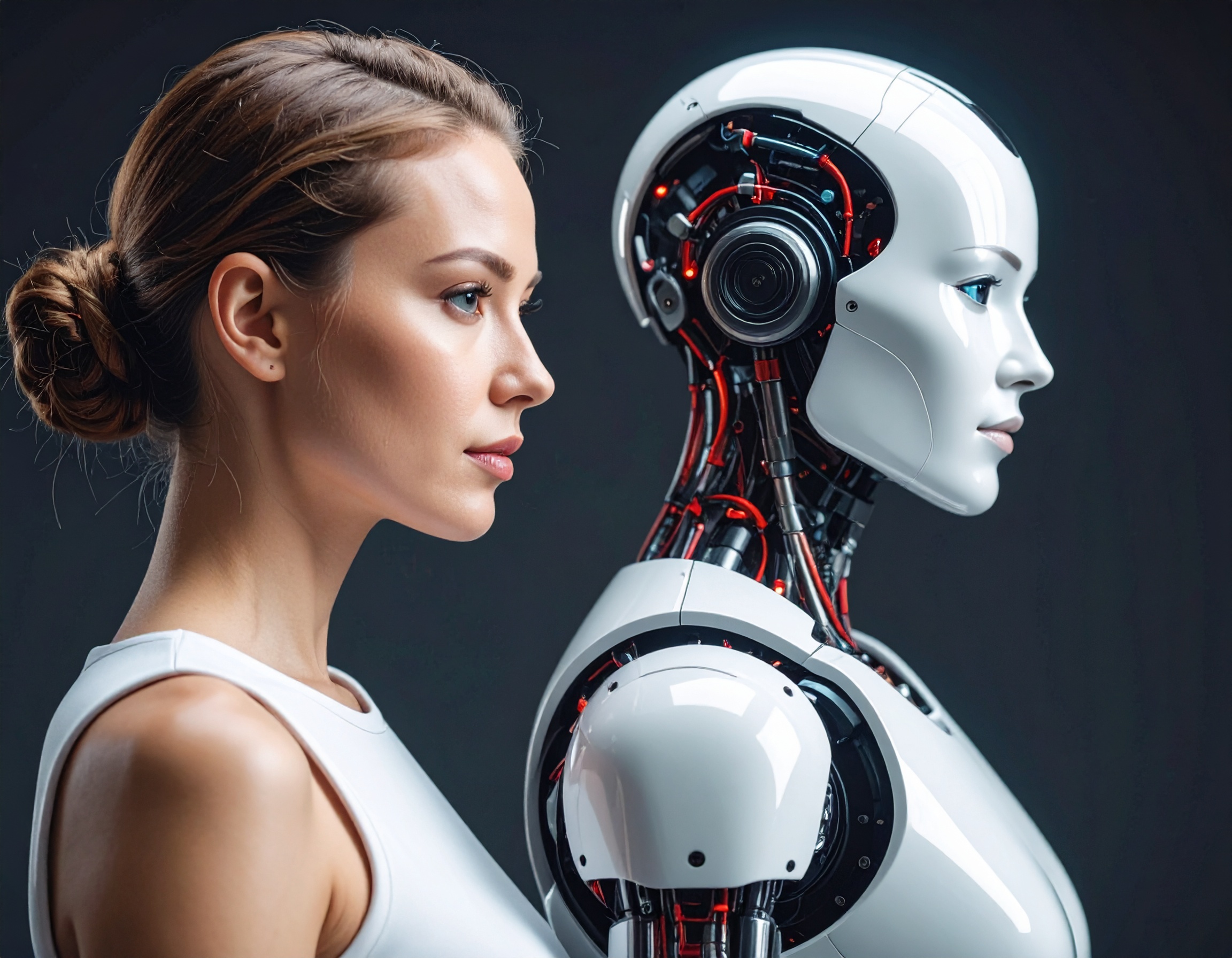Nio Boosts Automation with Walker S: Humanoid Robots Join the Production Line

In a groundbreaking move towards increased automation, electric vehicle giant Nio is testing humanoid robots on its assembly line at a factory, marking a significant development in smart manufacturing. The Hong Kong-listed UBTech Robotics showcased its Walker S robot in action at the Nio factory, demonstrating its capabilities in tasks ranging from quality inspections of door locks and seat belts to affixing vehicle logos. This real-world training is a pivotal step for humanoid robots entering the industrial smart manufacturing space, emphasizing the need to find practical solutions within factory environments.
The Walker S, developed by UBTech Robotics, is a humanoid robot equipped with real-time image capture and transmission capabilities. During the testing at the Nio factory, it showcased its technological prowess in handling intricate tasks, pointing towards a potential revolution in automating complex processes in manufacturing. Despite the promising advancements, both UBTech Robotics and Nio remain tight-lipped about the specifics of the test, leaving industry experts curious about the potential implications of integrating humanoid robots into production lines.
UBTech Robotics, a Shenzhen-based company, made its debut on the Hong Kong stock market in December 2023, becoming the first humanoid robot maker to list there. The company's foray into the automotive sector raises speculation about its products possibly finding applications in other major automakers' production lines. While UBTech's CEO, Zhou Jian, refrained from confirming specific collaborations, reports suggest their products might have made their way into the production lines of BYD, another prominent Shenzhen-based automotive company.
The integration of humanoid robots like Walker S into Nio's highly automated production lines aligns with the company's strategic emphasis on cutting-edge technology. Nio's F1 and F2 factories in Hefei, China, are known for their advanced automation levels, with the F2 plant boasting one of the most sophisticated body shops globally, housing 756 robots for automated production. Ji Huaqiang, Nio's Vice President of Manufacturing, expressed the company's intention to prioritize the use of humanoid robots, hinting at a potential future where robots with autonomous decision-making capabilities might also play a role in the production processes.
As the automotive industry witnesses the integration of Intelligent Agents like the Walker S, the Nio-UBTech collaboration sets the stage for a new era in smart manufacturing, promising increased efficiency and precision in assembly line operations.
Key Highlights:
- Nio's Exploration of Humanoid Robots: Nio, the electric vehicle giant, is testing humanoid robots, specifically the Walker S from UBTech Robotics, on its assembly line. The move aims to further enhance automation levels in the production process.
- UBTech Robotics' Technological Showcase: UBTech Robotics showcased the Walker S's real-world training at a new energy vehicle (NEV) factory. The robot demonstrated its capabilities in quality inspections, handling tasks such as checking door locks, seat belts, and affixing vehicle logos, showcasing potential applications in complex manufacturing processes.
- Importance of Humanoid Robots in Smart Manufacturing: UBTech's Chief Brand Officer, Tan Min, emphasized the necessity of introducing humanoid robots into industrial smart manufacturing spaces. The real-world testing at Nio's factory represents a crucial step in integrating Intelligent Agents into practical factory environments to find innovative solutions.
- UBTech Robotics and Nio Collaboration: Despite limited information about the specifics of the test, the collaboration between UBTech Robotics and Nio holds significant promise. UBTech Robotics, having debuted on the Hong Kong stock market, raises speculations about its products finding applications beyond Nio's assembly lines.
- Nio's Advanced Automated Production Lines: Nio's F1 and F2 factories in Hefei, known for their high automation levels, become the testing grounds for humanoid robots. The company's Vice President of Manufacturing, Ji Huaqiang, suggests a strategic shift towards prioritizing humanoid robots and possibly exploring those with autonomous decision-making capabilities.
- Implications for the Automotive Industry: The integration of humanoid robots into Nio's production lines signals a new era in smart manufacturing for the automotive industry. This collaboration sets the stage for increased efficiency, precision, and potentially broader applications of Intelligent Agents in assembly line operations.
Reference:
https://cnevpost.com/2024/02/23/nio-testing-use-of-humanoid-robots-in-plant/


